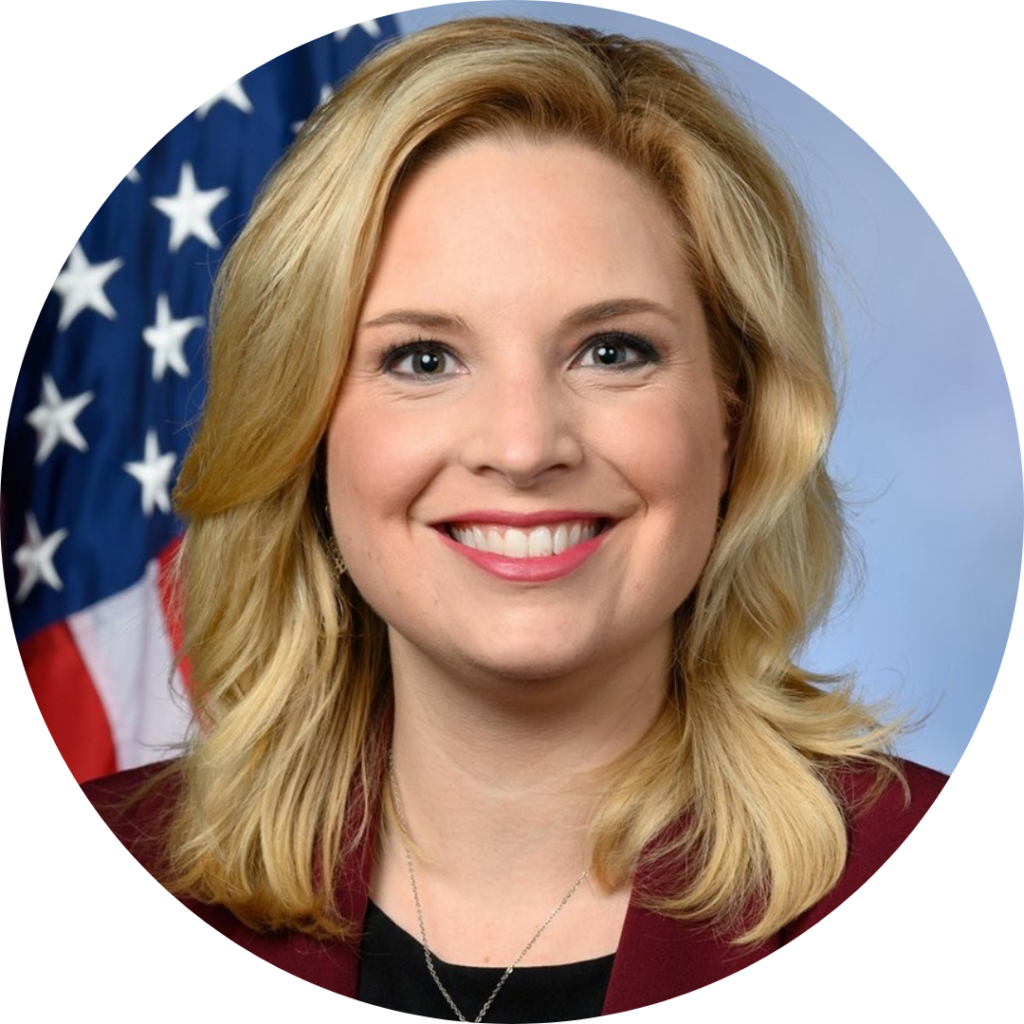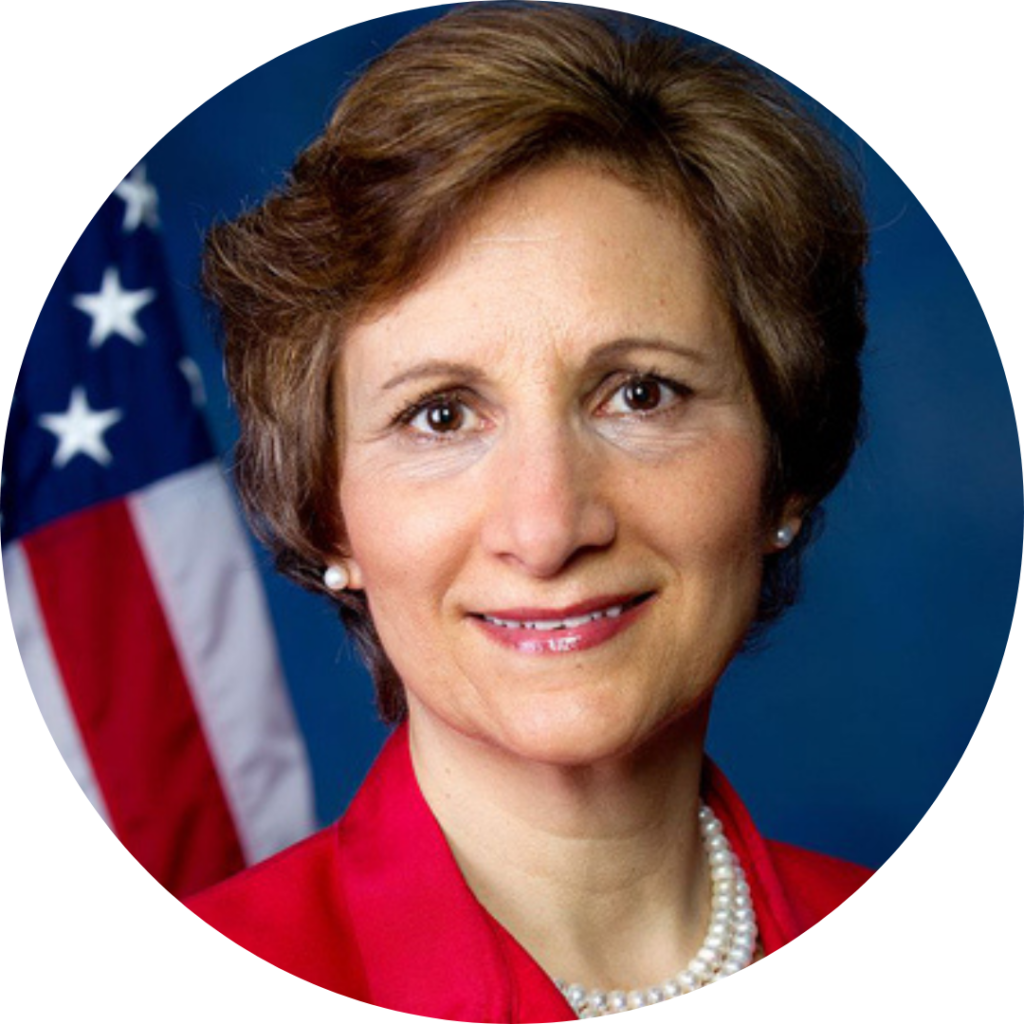Congress Should Address COVID-19 Child Care Crisis Alongside Year-End To-Do List
For months, Congress has failed to reach a deal on a pandemic recovery package, leaving American families and businesses high and dry throughout one of the worst economic crises in history.
With every day that passes, the situation becomes exponentially worse for the nation’s child care providers in particular, who are facing significant increases in operating expenses, ongoing reductions in enrollment and the possibility of mandated closures in the months to come, creating circumstances that are unsustainable without financial support.
As was reported this morning in POLITICO Playbook, there are a number of critical items Congress must address before the end of the year. Whether it is averting a government shutdown, passing health extenders, or re-upping critical supports like unemployment insurance that are set to expire, there can be no doubt that providing significant funding to stabilize the child care industry must be included in the list of things Congress must do before the end of the year.
Regardless of which vehicle lawmakers use to provide relief in the near term — even if they expect to do more down the road — financial relief for child care should be included. The pandemic has pushed the child care industry to the brink of collapse, creating a dire situation for child care providers, working families, and our overall economic recovery:
- Child care providers are facing a 47 percent increase in operating costs due to the pandemic while enrollment is down an average of 67 percent compared to pre-COVID levels.
- 70 percent of parents report that their child care programs are closed or are operating at reduced capacity, and 44 percent of parents found that the lack of child care resources was a barrier to remote or in-person work.
- About one in five working-age adults said the reason they can’t work is the disruption to their child care arrangements created by the pandemic. Among those not working, women ages 25 to 44 are almost three times as likely as men not to be working due to child care demands.
There is universal agreement among lawmakers and voters alike that child care providers need relief, with it being included in every economic recovery proposal out of the House, Senate, and White House. More than 8 in 10 voters favor a federal child care stabilization fund in the COVID-19 recovery package, with overwhelming support across partisan lines, generations, and genders.
Without question, Congress must include child care in whatever legislative package it moves to provide pandemic relief.
America’s economic recovery cannot succeed if Congress allows the child care industry to fail.
Subscribe to FFYF First Look
Every morning, FFYF reports on the latest child care & early learning news from across the country. Subscribe and take 5 minutes to know what's happening in early childhood education.



